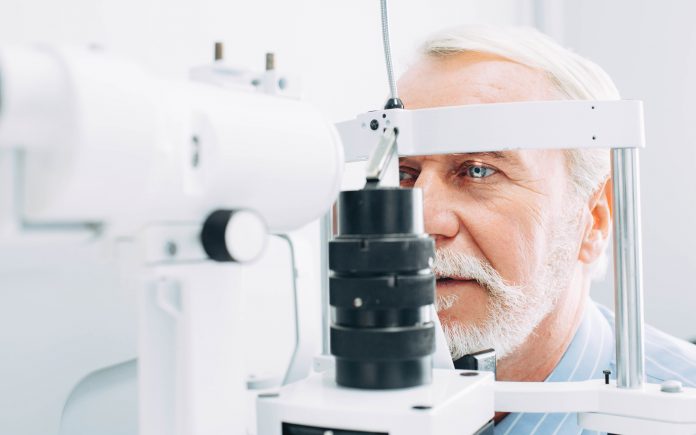
If you are 60 years or older, you might have some gray hair, maybe a few wrinkles, aching joints and alas, some changes in your vision. Yes, it is normal for most people, as they grow older, to have small changes in their vision, such as night blindness, problems focusing close-up on objects and an increased sensitivity to glare. Chances are these changes are due to aging, but they could be signs of more serious conditions that can permanently alter your vision.
That is why it is very important to always have your yearly eye exam, even if you are not experiencing any problems. There are some serious conditions that could be presenting with these same symptoms such as glaucoma, dry eye, macular degeneration and cataracts, which if diagnosed and treated early, can usually be controlled.
Healthy Eye Tips
The NIH Senior Health website provides a number of tips for healthy vision care.
- Eat healthy foods. Dark leafy greens like spinach, kale and collard greens and fish high in omega-3 fatty acids such as salmon, tuna and halibut are good for your eyes.
- Wear sunglasses that block out 99 to 100 percent of UV-A and UV-B radiation.
- If you spend a lot of time looking at computer screens, you should give your eyes a rest once in a while by following the 20-20-20 rule: Focus on something 20 feet away for 20 seconds every 20 minutes.
- Get active. Being physically active helps you stay healthy. It can also lower your risk of health conditions that can cause eye health or vision problems like diabetes, high blood pressure and high cholesterol.
- If you smoke, quit! Not only is smoking bad for your lungs, it is bad for your eyes too. It can increase your risk of diseases like macular degeneration and cataracts, and it can harm the optic nerve.
For more information on senior eye health, please click here.







